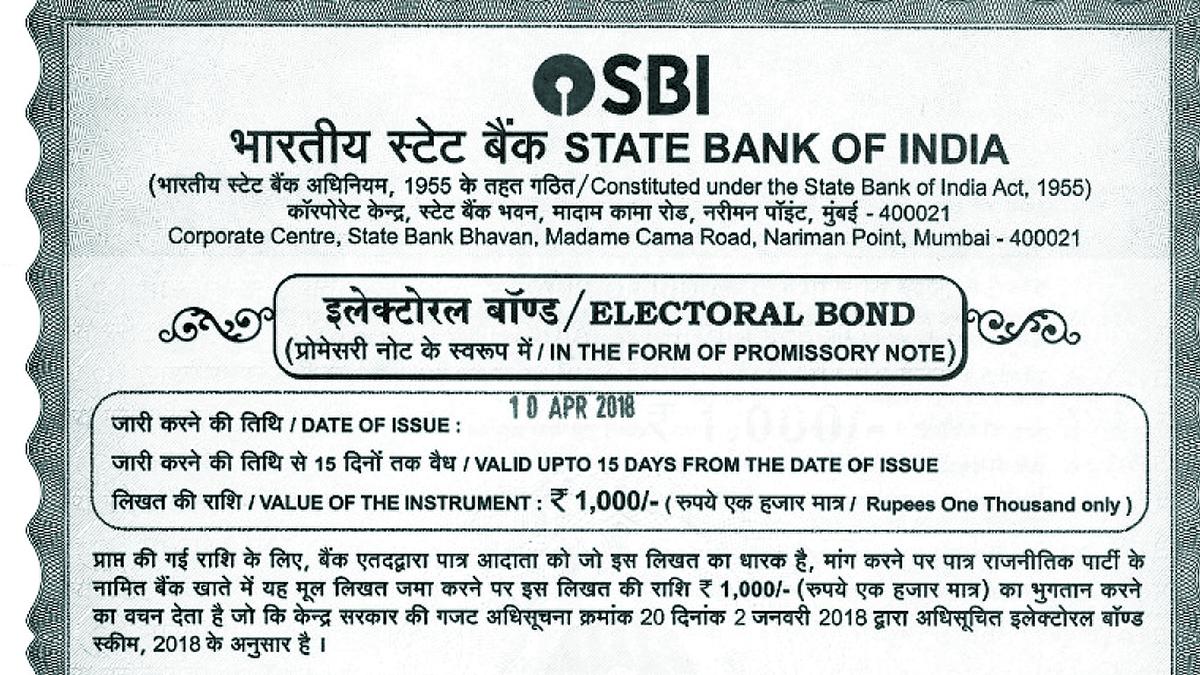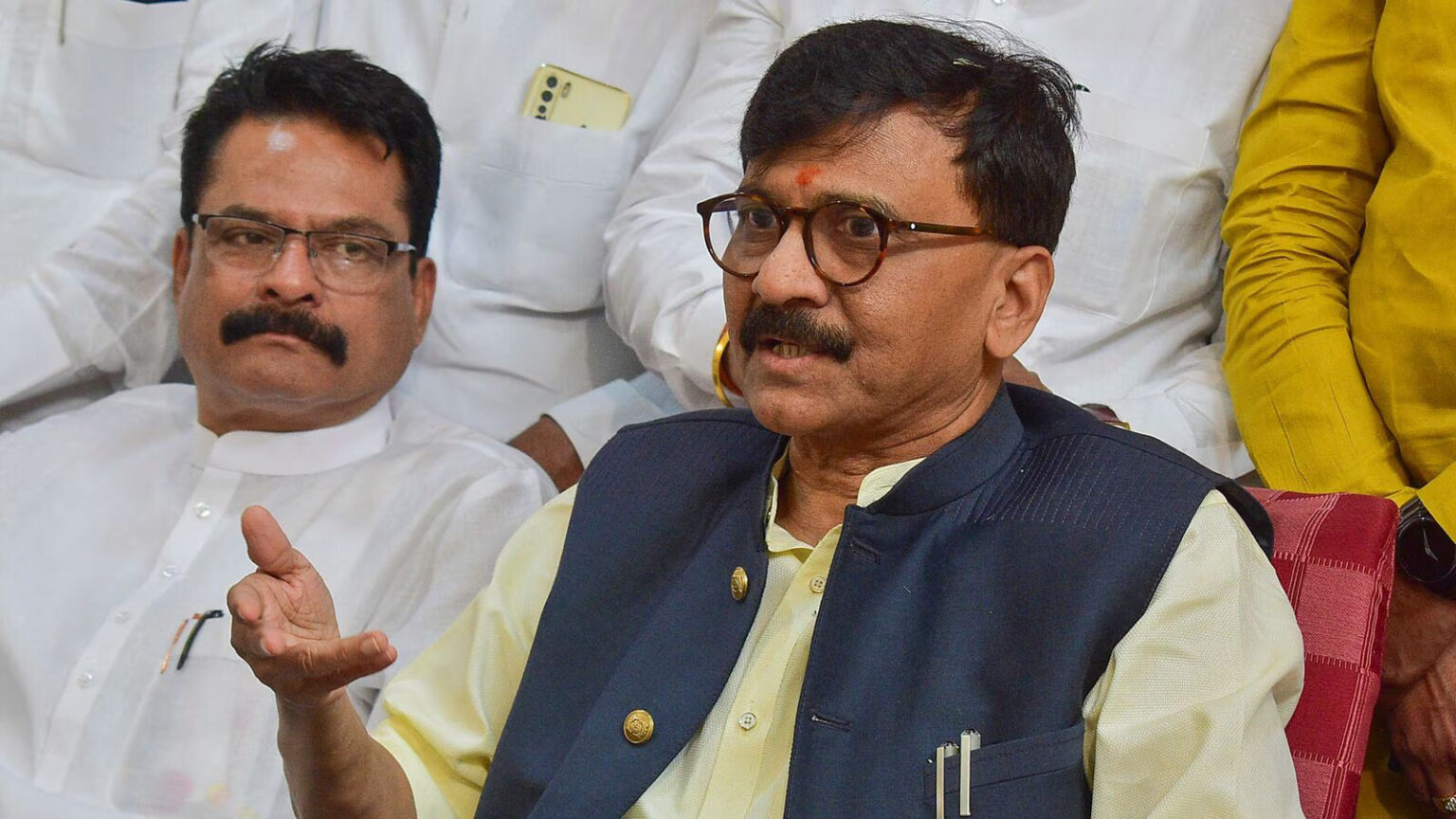Sanjay Raut, a prominent figure in the Shiv Sena party, recently criticized the State Bank of India (SBI) for seeking more time to release details about electoral bonds, terming it as an “insult to PM Modi.” Electoral bonds have been a subject of controversy in India, with concerns raised about their transparency and potential for facilitating anonymous political funding.
Raut’s statement comes amidst ongoing debates regarding the transparency of electoral bonds and their impact on the democratic process. Electoral bonds were introduced in 2018 by the government as a means to promote transparency in political funding by allowing individuals and organizations to donate money to political parties anonymously.
However, critics argue that the anonymity provided by electoral bonds undermines transparency and accountability in political funding. They claim that the lack of disclosure regarding the identity of donors could potentially lead to corruption and influence peddling.

SOURCE :- The Hindu
The State Bank of India, which serves as the sole authorized bank for issuing electoral bonds, has been under pressure to disclose information about the donors and recipients of these bonds. However, the bank has cited reasons such as the need to protect customer confidentiality and comply with legal requirements for not disclosing such details.
SOURCE:- BBC News
Raut’s assertion that the SBI’s request for more time to release information about electoral bonds is an “insult to PM Modi” reflects the political tensions surrounding the issue. The Prime Minister, Narendra Modi, has been a staunch advocate for electoral bonds, arguing that they promote transparency and clean governance in political funding.
However, critics like Raut argue that the lack of transparency surrounding electoral bonds raises questions about their effectiveness in combating corruption and ensuring fair elections. They contend that without proper disclosure of donor information, it is difficult to hold political parties accountable for their sources of funding.
The debate over electoral bonds is likely to continue as stakeholders on both sides of the issue push for greater transparency and accountability in political funding. While proponents argue that electoral bonds are a step towards cleaner politics, critics like Raut maintain that they only serve to perpetuate the influence of money in politics without addressing the root causes of corruption.
In conclusion, Sanjay Raut’s criticism of the SBI’s request for more time to release details about electoral bonds highlights the ongoing controversy surrounding this issue. As concerns about transparency and accountability in political funding persist, it remains to be seen how the government will address these challenges while upholding democratic principles.
Share your views in the comments

